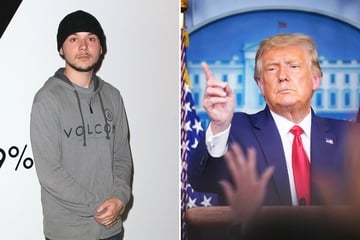Eric Garner: Judicial inquiry begins seven years after chokehold death
New York, New York - A historic judicial inquiry into the city’s handling of Eric Garner’s death from a New York Police Department officer putting him in a banned chokehold began Monday, more than seven years after his death helped spark a national racial justice movement.
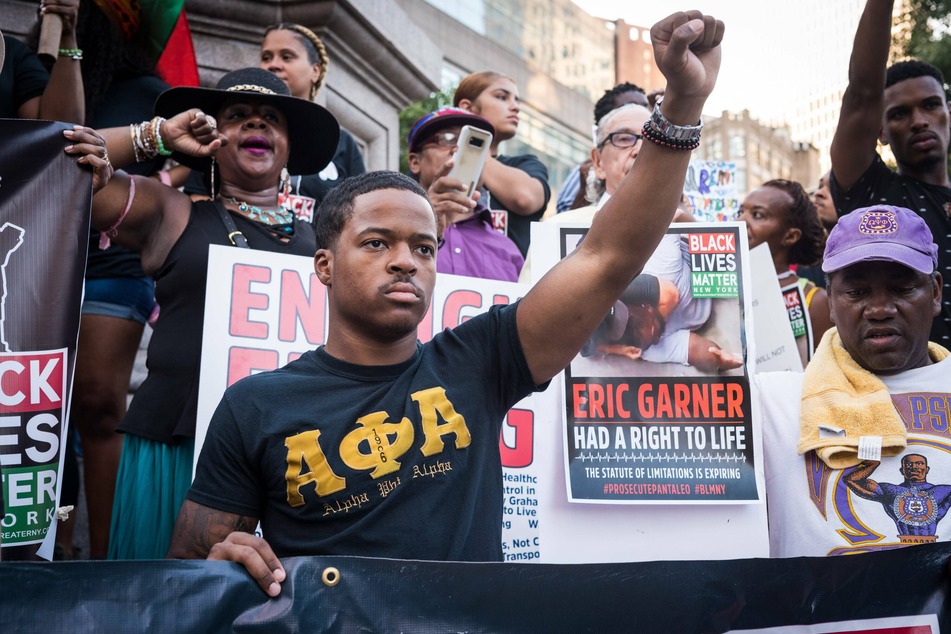
Members of Garner’s family, who have long demanded accountability from city officials for the Staten Island father of six’s death, are hoping the summary inquiry will address outstanding questions about his July 17, 2014, arrest.
"This is trailblazing if you ask me," Manhattan Supreme Court Justice Erika Edwards said Monday.
"We are looking into transparency about the death of Eric Garner."
The petitioners say their main objective is to probe NYPD top brass on their role in Garner’s death and the ensuing investigation.
Lawyers for the city fought doggedly to stop the inquest from happening and successfully argued against Mayor Bill de Blasio and former police Commissioner James O’Neill having to testify.
A summary judicial inquiry is allowed under a rarely cited section of the city charter that permits the public to demand a judicial inquest into possible violations or neglect by officials to bring about transparency and awareness.
NYPD lieutenant testifies
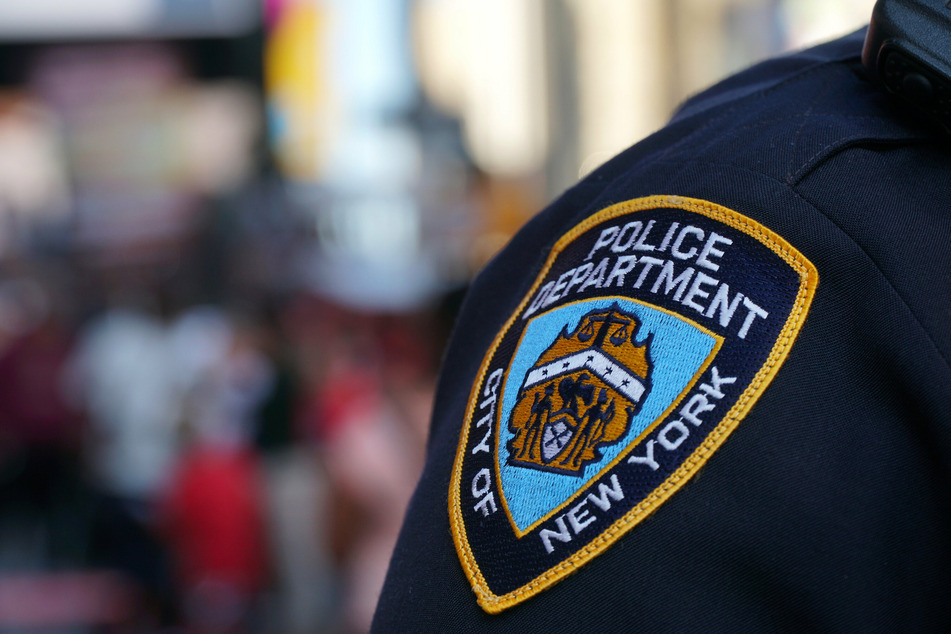
The presumptive new Manhattan district attorney, Alvin Bragg, began the inquiry by questioning NYPD Lt. Christopher Bannon, who directed cops to Garner on Bay Street and Victory Boulevard.
Bannon testified that he called NYPD Sergeant Danath Saminath to send officers to 200 Bay St. the afternoon Garner died because a large group was outside.
The lieutenant said he believed the group was "indicative of the problems we’d been having" regarding quality-of life issues in the neighborhood.
A text message exchange between Bannon and Saminath was then shown to the court. The pair texted after an ambulance took Garner to Richmond University Medical Center without a pulse.
"Danny n Justin went to collar Eric Gardner n he resisted. While they were trying to gain control of him he went into cardiac arrest n is unresponsive @ this time. Might be doa," Saminath wrote to Bannon, referring to Pantaleo and Officer Justin D’Amico.
"Not a big deal, we were effecting a lawf arrest," Bannon responds.
Garner's death ruled a homicide
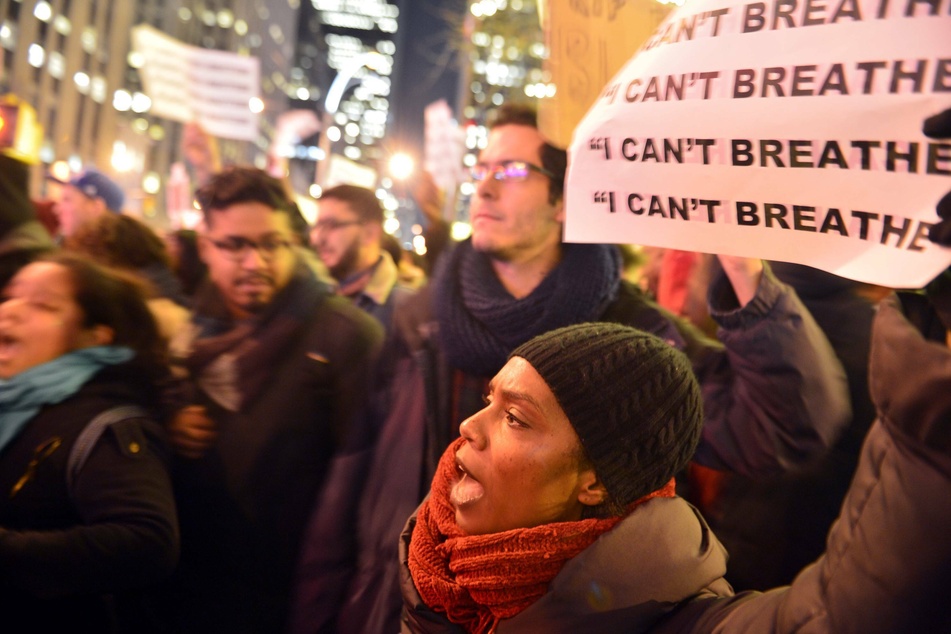
As he testified in 2019, Bannon said the texts from Saminath came in while he was in a meeting and that his lax tone was meant to reassure the panicked sergeant.
"I’ve seen way too many people injure themselves, so this was more of a mindset to me, a common sense mindset to me," Bannon testified.
"As far as trying to prevent them from going down that road and potentially injuring themselves."
Cellphone video of the incident first obtained by the New York Daily News shows Pantaleo unmistakably wrapping his arm around Garner’s neck and bringing him down to the sidewalk.
Garner is then seen on his hands and knees and then on his side as four plainclothes cops join Pantaleo in the fray, forcing Garner onto his chest.
Garner’s repeated desperate pleas of "I can’t breathe" would become a rallying cry for racial justice demonstrators in the wake of his killing. Six years later, those words were repeated by another Black man dying at the hands of police, Minneapolis man George Floyd.
The medical examiner ruled Garner’s death a homicide on August 2, 2014, finding that compression to the chest and "prone positioning during physical restraint by police" killed him.
Lack of accountability
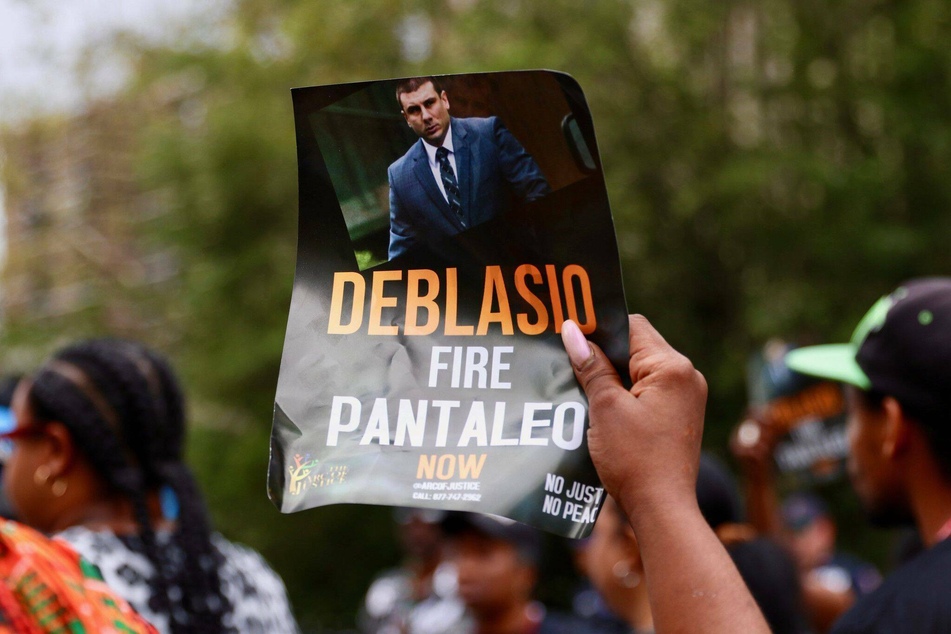
The inquest is expected to last for up to three weeks and will scrutinize the force used by officers other than Pantaleo.
It will also examine the accuracy of internal reports filed in the wake of Garner’s death, the alleged leaking of his medical and arrest history, and the lack of medical care provided him at the scene.
Footage of the chokehold’s aftermath, leaked in the days after, showed a defenseless Garner lying unresponsive on the sidewalk with his head flat against the concrete.
His eyes never open while police officers empty his pockets of a cellphone and a pack of cigarettes.
Supervising officers failed to note the chokehold and insisted Garner was not in "great distress" in a preliminary NYPD internal report filed immediately after his death, the Daily News reported.
The NYPD initially suspended Pantaleo in the incident’s aftermath, although he managed to collect overtime as various misconduct and criminal inquiries slowly progressed over five years. A Staten Island grand jury ruled not to indict him in December 2014 and the NYPD ultimately fired him after an administrative trial in 2019, at which the disgraced cop did not testify.
On the fifth anniversary of Garner’s chokehold death, federal prosecutors announced Pantaleo would not face civil rights charges.
Cover photo: IMAGO / Pacific Press Agency

